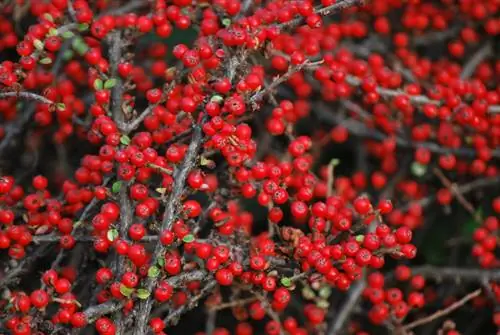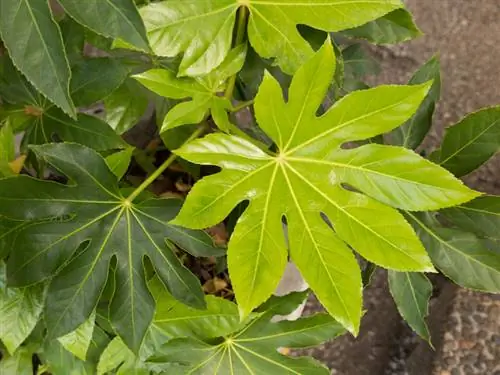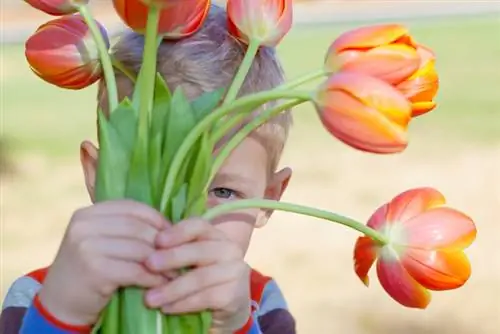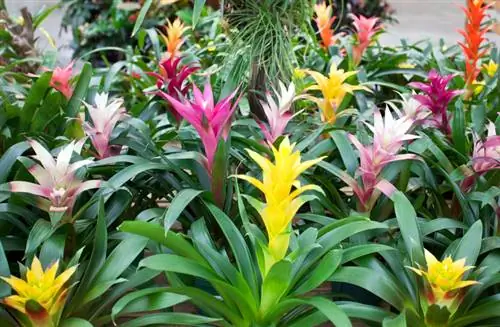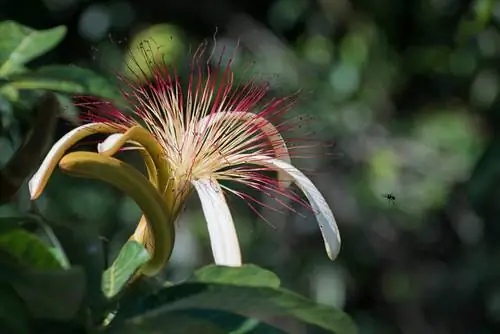- Author admin leonars@hobbygardeners.com.
- Public 2023-12-16 16:46.
- Last modified 2025-01-23 11:20.
When concerned hobby gardeners consider the toxic content of orchids, they cannot rely on scientifically based results. Given that there are more than 30,000 species, a generally valid statement is probably not possible anyway. Read here which findings based on practical experience serve as clues.

Are orchids poisonous to people and animals?
Orchids are generally non-toxic and harmless to humans, although the Vanilla planifolia species can cause allergic reactions if sustained contact and Oncidium cebolleta can cause hallucinations if consumed. Caution is advised with cats as orchids can make them sick.
Orchids from the market are harmless
Since orchids found their way into supermarkets, the former luxury plants have become affordable for everyone. We have a we alth of experience to thank for this fact, which not only relates to proper care. We also owe the lively exchange among passionate orchid gardeners the knowledge that handling orchids has no negative effects on human he alth.
These exceptions prove the rule
The following exceptions to the rule that orchids are non-poisonous are known:
- Vanilla planifolia causes rash, headaches and nausea upon permanent contact
- Oncidium cebolleta causes hallucinations after consumption
The negative effects of a vanilla orchid are noticeable even if you do not cultivate the orchid as a houseplant. If you suffer from food allergies, eating the pods or their contents is enough to cause hives or facial swelling.
Tip
There are increasing reports from animal lovers whose cats nibbled on an orchid and then suffered from nausea. It has not yet been possible to clearly clarify which ingredients cause discomfort to house cats. For the sake of caution, we recommend avoiding orchids as houseplants in a household with cats.


